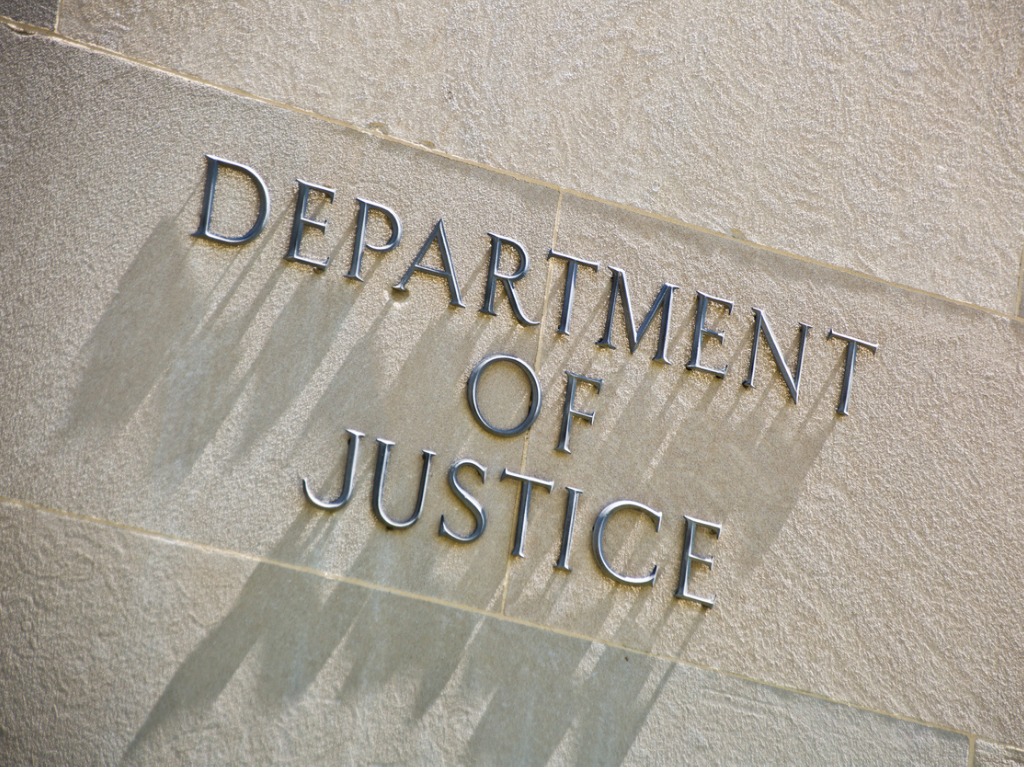On August 1, the U.S. Department of Justice (DOJ) released the long-awaited rules for its corporate whistleblower award program. The DOJ’s Corporate Whistleblower Awards Pilot Program will offer awards to individuals who blow the whistle on corporate crimes under the jurisdiction of the DOJ which are not covered by other whistleblower programs.
After the DOJ first announced their plans to implement a whistleblower award program in March, advocates were hopeful that the program would be modeled on the successful Dodd-Frank Act programs and could similarly revolutionize the DOJ’s enforcement efforts. However, according to whistleblower advocates, the DOJ’s framework is highly flawed.
In a new article for Law360, leading whistleblower attorney Stephen M. Kohn of Kohn, Kohn & Colapinto overviews 5 major differences between the DOJ Whistleblower Program and the highly successful Dodd-Frank Act whistleblower programs at the Securities and Exchange Commission (SEC) and Commodity Futures Trading Commission (CFTC).
The five differences are:
- If you “meaningfully participated” in the misconduct, you are ineligible.
- You can report anonymously, but the DOJ can request your identity.
- Despite the DOJ’s urging, be wary of internal reporting.
- The DOJ has the discretion to deny you an award, and you have no means to appeal.
- Misconduct may be covered under other whistleblower programs, which are stronger.
“While the DOJ may have been inspired by other successful whistleblower programs, the program it has created diverges from these programs in critical ways,” Kohn writes in conclusion. “Whistleblowers must take note of these differences when weighing whether or not to come forward to blow the whistle, and should first look to other whistleblower programs with stronger regulations and proven track records of awarding and protecting whistleblowers.”
